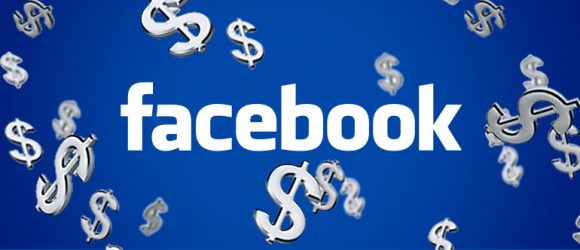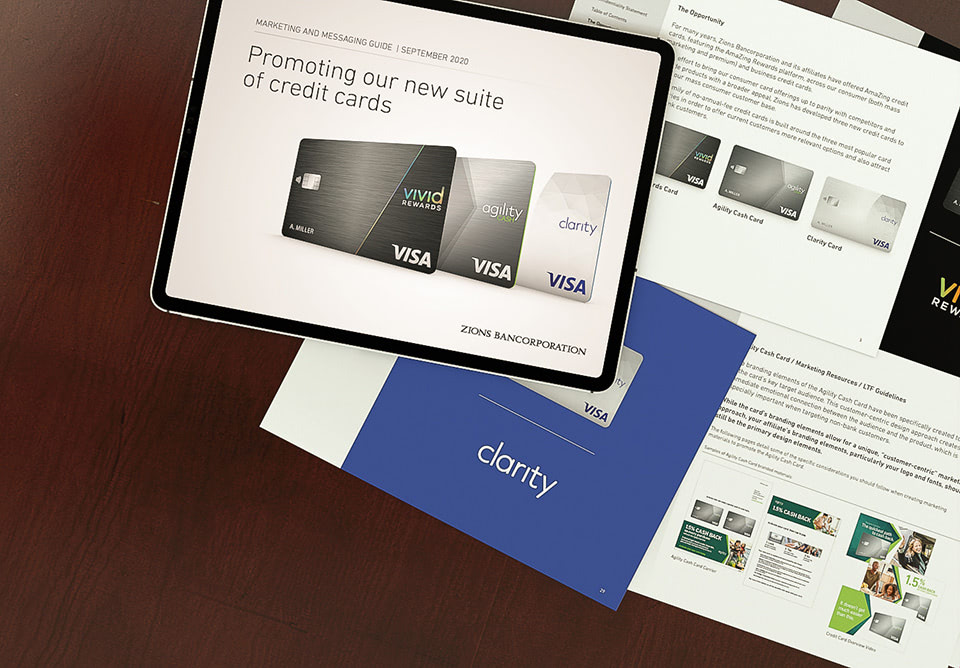Finding the Good as Facebook Cracks Down on Promotional Posts

Remember when we said you may have to pay to have your financial services content seen on Facebook? At the time, we were responding to the decline of organic reach on the popular social network. In fact, changes in organic reach dropped so significantly early last year, the trend earned a dramatic name: Facebook Zero. It meant that brands that had enjoyed free exposure of their content needed (in most cases) to start paying to promote that same content.
Though the latest news from Facebook – “Facebook Will Curtail Unpaid Ads by Brands” – is creating buzz again about paid advertising, the announcement really just expands upon what Facebook explained last year.
In December 2013, Facebook told businesses they would notice changes in distribution of content (including a drop in organic reach) so that items in news feed would be “as interesting and timely as possible” for users. It advised page owners to “continue using the most effective strategy to reach the right people: a combination of engaging page posts and advertising.”
Now, Facebook is putting a finer point on it: in January, it will begin adding “new volume and content controls for promotional posts.” What does that mean? According to Facebook’s newsroom, “overly promotional” posts are posts that:
- “solely push people to buy a product or install an app;”
- “push people to enter promotions and sweepstakes with no real context;” and/or
- “reuse the exact same content from ads.”
In other words, starting in 2015, if it walks like an ad and talks like an ad, Facebook will consider it an ad, using its news feed algorithm to silence the post unless the brand has paid for it… yes, just like an ad.
One way of looking at the change is to call it a money grab by Facebook, which already, according to the New York Times, took in nearly $3 billion in third quarter ad revenue. Another way to see it is to take to heart what Brian Boland, a Facebook vice president, told the New York Times, “Most of the stuff we listed [as overly promotional], like sweepstakes, probably doesn’t fall in the category of great content. We’re responding to what people want to see.”
So, is it all about the user experience? No, Facebook is a business, of course. And as a publicly traded company, it has an obligation to investors to keep revenue strong. However, Boland isn’t just blowing smoke. Without a good user experience, Facebook would lose its audience – the very commodity that makes it enticing as a publishing and selling platform for brands.
That’s why I do believe brands with “great content” will continue to see engagement from fans. And financial services brands have quite a bit of experience with that dynamic already: without great content or great social customer service, why would customers “friend” their FIs?
The “good news” for financial services marketers
FIs have already had to mature their content beyond selling in order for bank content to be relevant to Facebook audiences. In the past, we have encouraged brands to tie social content to their own business goals, and this means we have allowed room in financial services social strategies for posts that promote products and services. We continue to believe these kinds of posts can provide value to both the brand and its fans.
The best advice we can give as Facebook changes its news feed algorithm yet again is the same advice we’ve shared previously: monitor results and make adjustments. Treat social media like any other channel. Start with a strategy. Implement the strategy. Analyze the response. Amend the approach as needed.
Pay attention to how content is performing right now, and pay attention to any changes that occur when Facebook cracks down (even more) on similar content in January. If your content suddenly takes a hit in its organic reach, it’s likely Facebook has labeled it as “overly promotional” and decided not to show it in your fans’ news feeds.
We’re not sure how or where Facebook is going to draw the “overly promotional” line in the sand, and so brands are going to have to test the waters and experiment. They’re going to have to produce the kind of content that users like to see in their feeds… and they’re going to have to pay for some of it to gain exposure.
But the good news is that, perhaps more than any other industry, financial services has done a lot of this hard work already. FIs are great at collecting data, and so it’s likely most of them already know what resonates with “friends” and what falls flat. And hopefully, they’ve already used this kind of analysis to help them create content that is more and more engaging.









